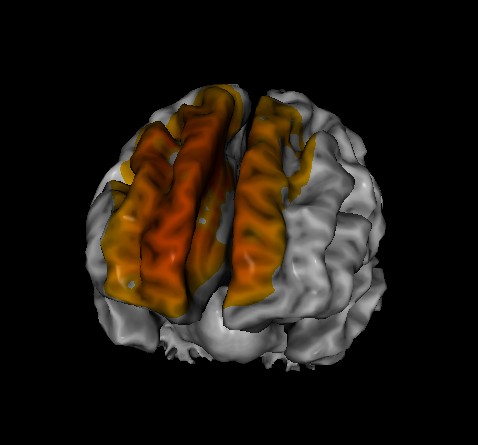SLEEP DISORDERS
Over a third of our lives is spent asleep—and for good reason! Getting regular, sufficient, and restful sleep is hugely important for our overall brain-body wellness. Lack of sleep has been associated with a host of concerns, including mood disturbances, reduced stress resilience, cardiovascular disorders, obesity, and more. Research has also found strong correlations between sleep deprivation and difficulty concentrating, slower reaction times, and trouble with storing and recalling memories. While we rest, the brain sorts through all the input from the day, weeds out any information that is deemed unimportant, and further encodes relevant information. Inadequate sleep makes it more difficult for the brain to form and maintain pathways that support not only learning and the creation of new memories, but also other processes necessary for day-to-day functioning.
Anyone with a sleep disorder or sleep difficulties understands the incredible impact chronic sleep deprivation has on every area of our lives. You may have experienced the detrimental effects of sleep deprivation on your cognitive processing, energy, mood, and bodily functions. This makes it difficult to be our best selves in relationships and in the roles we fill. It’s estimated that nearly 70 million adults in the U.S. have a diagnosable sleep disorder, while millions more are coping with sleep difficulties. Such disorders and difficulties affect everything from the ability to fall asleep, stay asleep, or get restful sleep. Because so much of our sleep-wake rhythms are controlled by the brain, it’s no surprise that neurotherapy has proven itself an effective, long-lasting approach to addressing sleep concerns!

